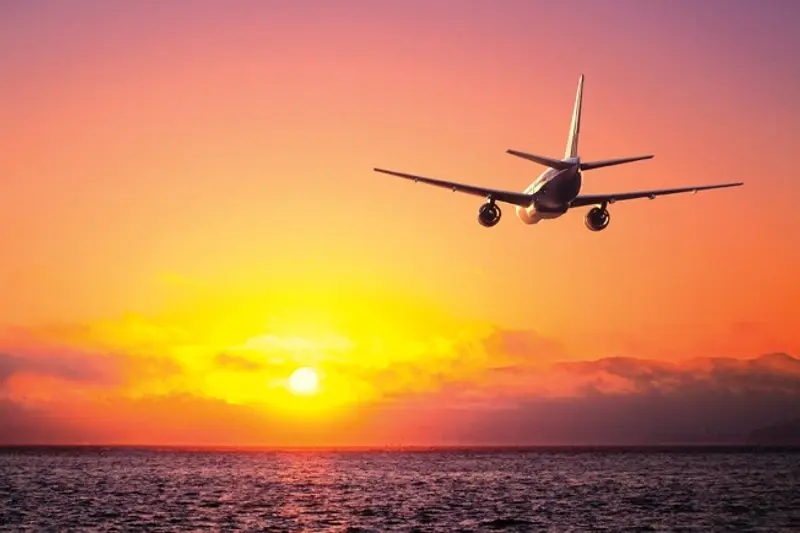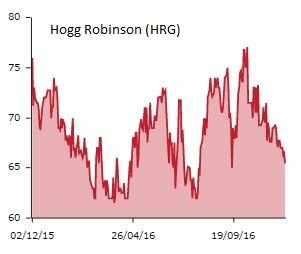
Hogg Robinson (HRG) believes it has found a new way to accelerate growth across its business, rather than relying on a single division.
Investors have in recent years focused on the software as a service (SaaS) division Fraedom as the growth engine for the business. Fraedom is a small but high margin unit which is expected to deliver double digit growth rates over time.
Chief executive David Radcliffe surprised analysts following full-year results on 29 November by implying the more traditional travel management side of the group also has an opportunity to now accelerate growth.
DISTRIBUTION POTENTIAL
Developments in the travel management industry as well as an antitrust filing by US Airways against a key rival could enable Hogg to kick-start growth in its much larger though more traditional HRG business.
Shares understands this may involve Hogg using its in-house HRG technology platform to plug in directly to airline booking systems, allowing it to become a distribution platform as well as providing traditional travel management services.
‘Another opportunity out there, and forgive me if i don’t give too much detail on this, is the role of distribution,’ said Radcliffe in an analyst call following half-year results.
‘A number of airlines now, hoteliers, are increasingly seeking companies like ourselves who can bypass traditional distribution methods and connect with them directly far more and act, if you will, as a pipe between the client and the supplier. So you have inventory going in one end of the pipe and placing it with customers at the other.’
Historically, in North America airlines have used a centralised booking system called a Global Distribution Service (GDS) operated by NASDAQ-listed Sabre Corporation which then distributes flight inventory on to agents and customers.
There are now signs this is changing and Hogg’s HRG division could be well placed to offer an alternative, says chief investment officer Bill Brindle.
COMMERCIALLY SENSITVE
‘There are some commercially sensitive areas around this but if you look at the distribution model today and many of you may have studied this over time, the main aspects of the carriers’ distribution is through a central system called the Global Distribution System (GDS),’ said Brindle in an analyst presentation.
‘Most airlines wish to try and facilitate some kind of interactivity with you as a traveller, which is quite difficult through the current systems.
'A while ago a number of airlines got together and created a new method of distribution, a new connectivity base, and they are enabling that to spread out to other people. You don’t have to be a GDS, you can be an aggregator, you can be a travel management company or a technology provider that enables you to connect and consume this service.’
LEGAL ACTION
In a further sign of shifting sands in the industry, American Airlines-owned US Airlines is engaged in legal action against Sabre, the operator of North America’s major GDS, for alleged anti-competitive practices.
Sabre, ironically a platform developed by American Airlines in the 1950s, is now a stock market-listed business which charges carriers fees to link them with companies like Hogg and commercial customers.
Economics Nobel Laureate Joseph Stieglitz has featured in the case and described Sabre’s business practices and profitability as ‘outrageous’.
‘This market is not functioning like a competitive market should function,’ Stieglitz is quoted as saying in a Law 360 report.
Stieglitz added Sabre’s profits were ‘breathtaking’ and were a sign of a monopolist at work, according to the Law 360 report.
Sabre denies the antitrust allegations saying customers are free to use other providers.
Key risks at Hogg include failure to execute on management's ambitious plans as well as a spiraling pension deficit which hit £413m at 30 September 2016 versus a market capitalisation of £216m.





